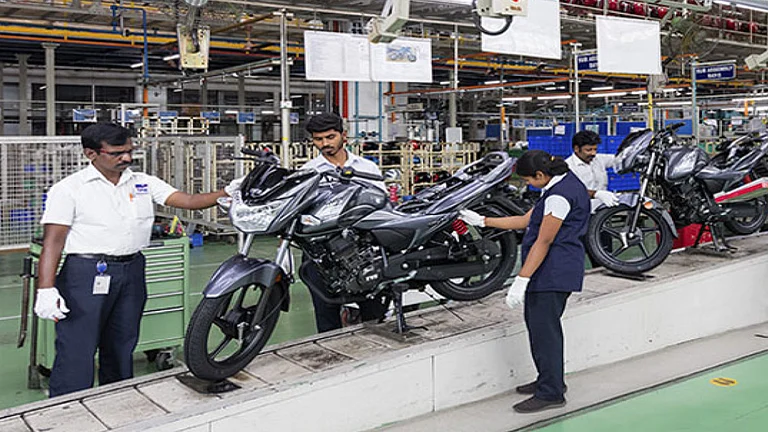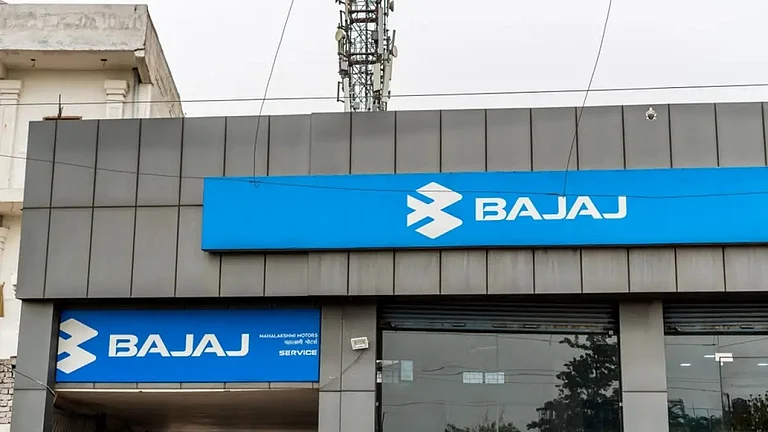India's top electric two-wheeler makers will cut production in July following China's strategic export curbs on heavy rare earth (HRE) magnets, The Economic Times reported. These makers include Bajaj Auto, Ather Energy and TVS Motor Company as the shortage hits the fourth month.
People aware of the developments told ET that India's s second-largest EV two-wheeler maker Bajaj Auto is likely to halve its output, while Bengaluru-based Ather Energy plans to scale down production by 8-10%. Bajaj is seeing production disruption on the Chetak line.
TVS, which has led sales for the third straight month, is also likely to scale back production, according to people familiar with the matter. A spokesperson from the company told the newspaper that disruptions in the EV supply chain, particularly concerning magnet availability, continue to pose challenges in the short to medium term. However, they are working towards mitigating the challenges.
However, another lead player in the market, Ola Electric, might benefit from stockpiled rare earth magnets ahead of time. The company told ET that there is no impact on production because of the rare earth magnets.
Notably, these four companies account for eight out of every ten EV-two-wheelers sold in the local market.
The automobile industry and the central government have been in talks with Chinese authorities to resume the supply of rare earth elements (REEs) and magnets, while also engaging with alternative sources such as Vietnam, Indonesia, and Japan. Despite these efforts, the supply crunch continues.
The latest Monthly Economic Review for May from the Ministry of Finance flagged China's recent move to curb rare earth exports as a “concerning development” with potential to disrupt the global supply of minerals essential to electric vehicles, defence technologies, wind turbines, and solar panels. In response, India is accelerating its domestic exploration, processing and international partnerships in what is now clearly a resource-driven geopolitical contest.
The ministry said that the National Critical Mineral Mission (NCMM), launched in January 2025, is central to this strategy. With a seven-year roadmap running until 2030-31, the mission aims to secure critical minerals through 1,200 domestic exploration projects and support for overseas acquisitions by both PSUs and private entities.

































